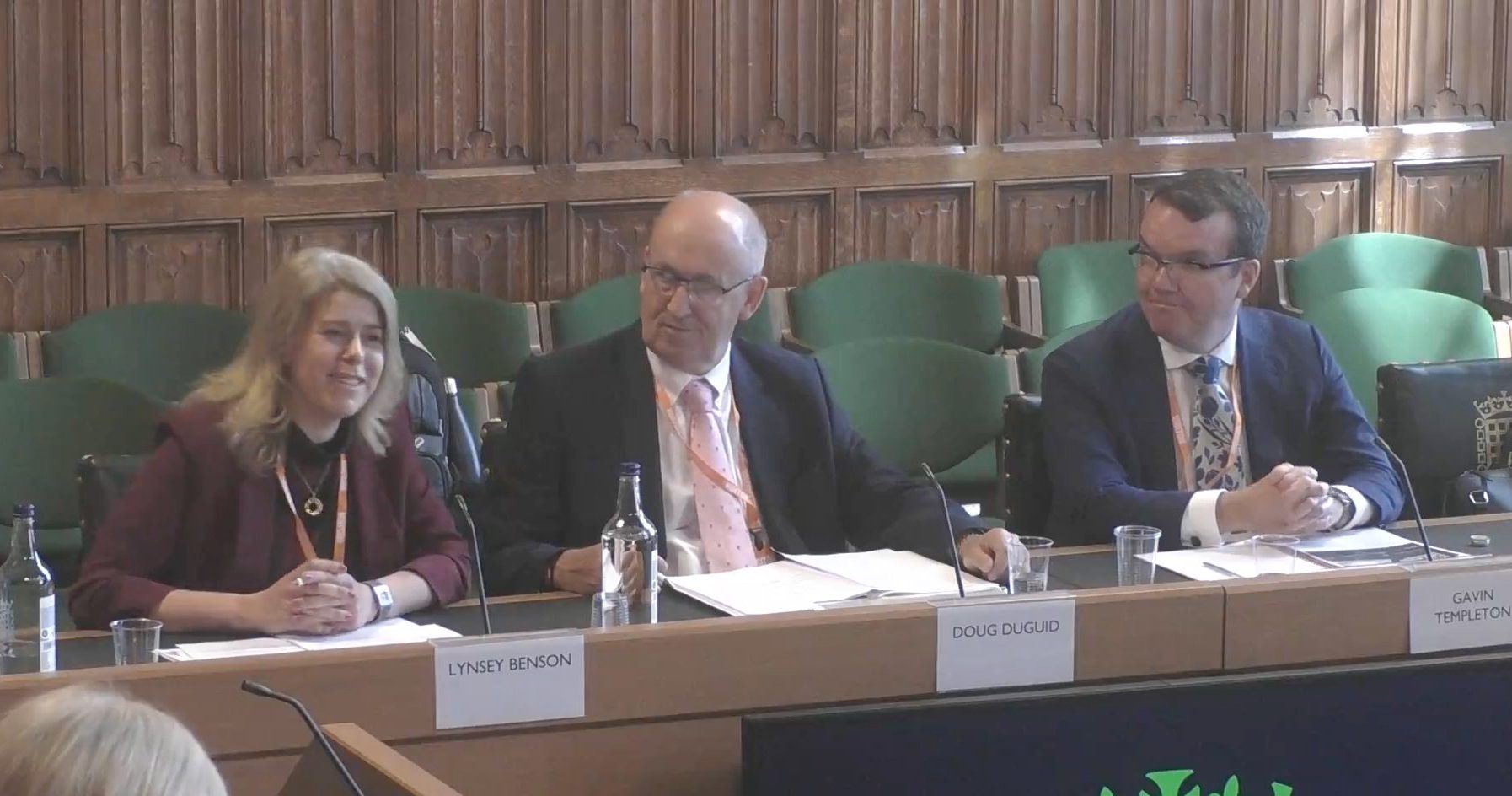The UK’s oil and gas industry faces worrying workforce shortages if current skills gaps are not addressed now, the ECITB’s 2021 Workforce Census suggests.

Oil and gas onshore workforce by headcount
Data from 68 of some of the largest engineering contractor companies active in the sector indicates the industry headcount is expected to exceed pre-Covid levels by almost ten percent in 2023. But the scale of this recovery in oil and gas could fail to deliver the volume of engineers needed for net zero and prevent future labour shortages unless urgent action is taken.
Workforce shortages could be critical because of the part the oil and gas industry will play in the energy transition, where improved efficiency and reduced emissions will make crucial contributions to decarbonisation. And moreover, the engineers and technicians working on the UK’s energy assets, like oil refineries, have the skills to design, operate, maintain and decommission new carbon capture and hydrogen facilities, as well as support the offshore wind industry. Retention of these workers and reskilling for new roles will be vital to the UK’s net zero ambitions.
With an anticipated increase in demand for workers to deliver the energy transition, the demographics reported by employers of more than 16,000 workers across 531 locations show a workforce that is older and male. As with the wider engineering construction industry, the oil and gas workforce is ageing while seemingly recruiting too few young people. Only 12% of its main workforce is under the age of 30, and while the bulk of workforce is between 30 and 49 (54%), more than a third of employees are over 50 (35%). The expected headcount increase on 2019 levels of 9.4% remains potentially too low to fill remaining shortages left by those retiring, let alone account for an increase in workload to meet future levels of labour demand.

ECITB Chief Executive Chris Claydon
Chris Claydon, ECITB Chief Executive, said: “Our census data indicates positive signs of recovery for companies operating in the oil and gas sector, after the dual challenges of the pandemic and the 2020 oil price collapse.
“We know that many of these companies will be central to delivering the energy transition and will likely need to increase the number of skilled engineers to meet future project requirements. On current trends however, it is unlikely that the number of younger people joining the sector will grow sufficiently to compensate for those taking retirement in the next years.
“The ECITB is committed to help support the industry’s current and future training needs and we already have initiatives in place help deliver the workforce for net zero. To establish a pipeline of new entrants, we have introduced the ECITB’s Energy Transfer Technician Scholarship, while our Energy Transition Technology Leadership postgraduate programme develops the skills of industry leaders.”





